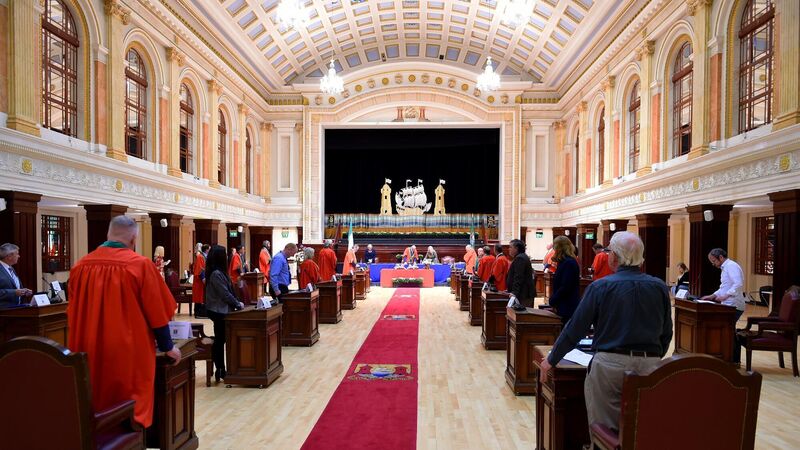Almost 1,000 councillors to get €8k a year pay rise

The Cabinet is set to approve an €8,000 per year pay increase for the country's 947 city and county councillors, the 'Irish Examiner' can reveal. Picture: Larry Cummins
The Cabinet is set to approve an €8,000-a-year pay increase for the country’s 947 city and county councillors, the can reveal.
The proposal, which was recommended in the 2019 Moorhead review of councillor pay, was committed to in the programme for government.











